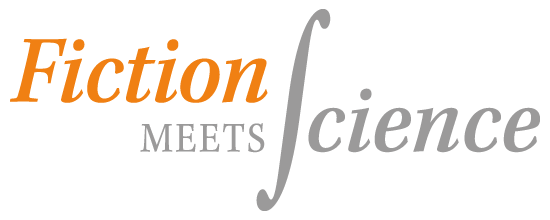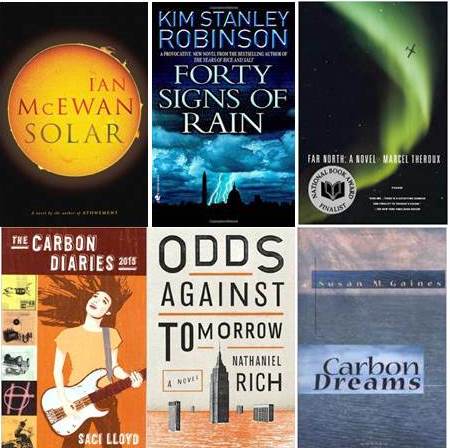Authenticity after Postmodernism
Cartesium Rotunde
Enrique-Schmidt-Str. 5
University of Bremen
Literary scholars have recently begun to discuss a formal shift away from the aesthetics and poetics of postmodernism in literary fiction of the late 20th and early 21st centuries. Postmodern fiction is usually characterized by irony and cynicism, and by the ways it questions the ability of language to adequately express experienced reality. By contrast, recent fiction is described as being more authentic or sincere, with language and strategies of representation that reliably convey an experienced reality. This shift, which so far has received the umbrella label of ‘post-postmodernism’, sometimes entails what some describe as a return to, or a rethinking of, literary realism.
During this same period, according to the Fiction Meets Science team’s observations, new types of novels about science seem to have emerged, and some novelists have begun discussing new approaches to all forms of specialized knowledge under the banner ‘nerd novel’. Nerd novels and science novels, like other works of contemporary fiction, might also be characterized as being authentic or sincere insofar as the types of knowledge they represent are to be taken seriously.
In this small workshop, we ask if science and nerd novels can be understood in terms of the post-postmodern shift in the larger world of literary fiction or if they are products of a separate trend, such as a fragmentation of reading publics. Scholars Irmtraud Huber and Wolfgang Funk will give presentations on post-postmodernism, ‘nerd novelist’ Jean Hegland will comment, and the FMS team and workshop attendees will follow up with a structured discussion.
Concepts of ‘authenticity’ will be key to this discussion. In terms of literary form, what is the relationship between realism and authenticity? Can authenticity at the level of form be related to the reception of a novel as a reliable representation of some experienced reality? If so, what makes such representation reliable? Is featuring expert knowledge (be it scientific or otherwise field- or craft-specific) somehow conducive to authenticity or sincerity?
Dr. Natalie Roxburgh (moderator) is a Fiction Meets Science research fellow at the University of Oldenburg. Her work focuses on the relationships between formal aspects of the novel and developments in other forms of knowledge. She is the author of Representing Public Credit: Credible Commitment, Fiction, and the Rise of the Financial Subject.
Dr. Irmtraud Huber is a lecturer in English Literature at the University of Berne and an expert on contemporary literature and literary theory. She is author of Literature after Postmodernism: Reconstructive Fantasies and co-editor of The Aesthetics of Authenticity: Medial Constructions of the Real.
Dr. Wolfgang Funk is a lecturer in the Department of English and Linguistics at Mainz University. His research foci include the intersections of literature and science, questions of representation in contemporary fiction, and postmodern theory. He is author of The Literature of Reconstruction: Authentic Fiction in the New Millennium and co-editor of The Aesthetics of Authenticity.
Jean Hegland is the author of three critically acclaimed novels and a work of creative non-fiction. Her novel Still Time is infused with and guided by Shakespearean scholarship, a novel that scholar David Chrystal says ‘Shakespeare would be proud of’. She writes and teaches in northern California.
Contact: Susan Gaines

